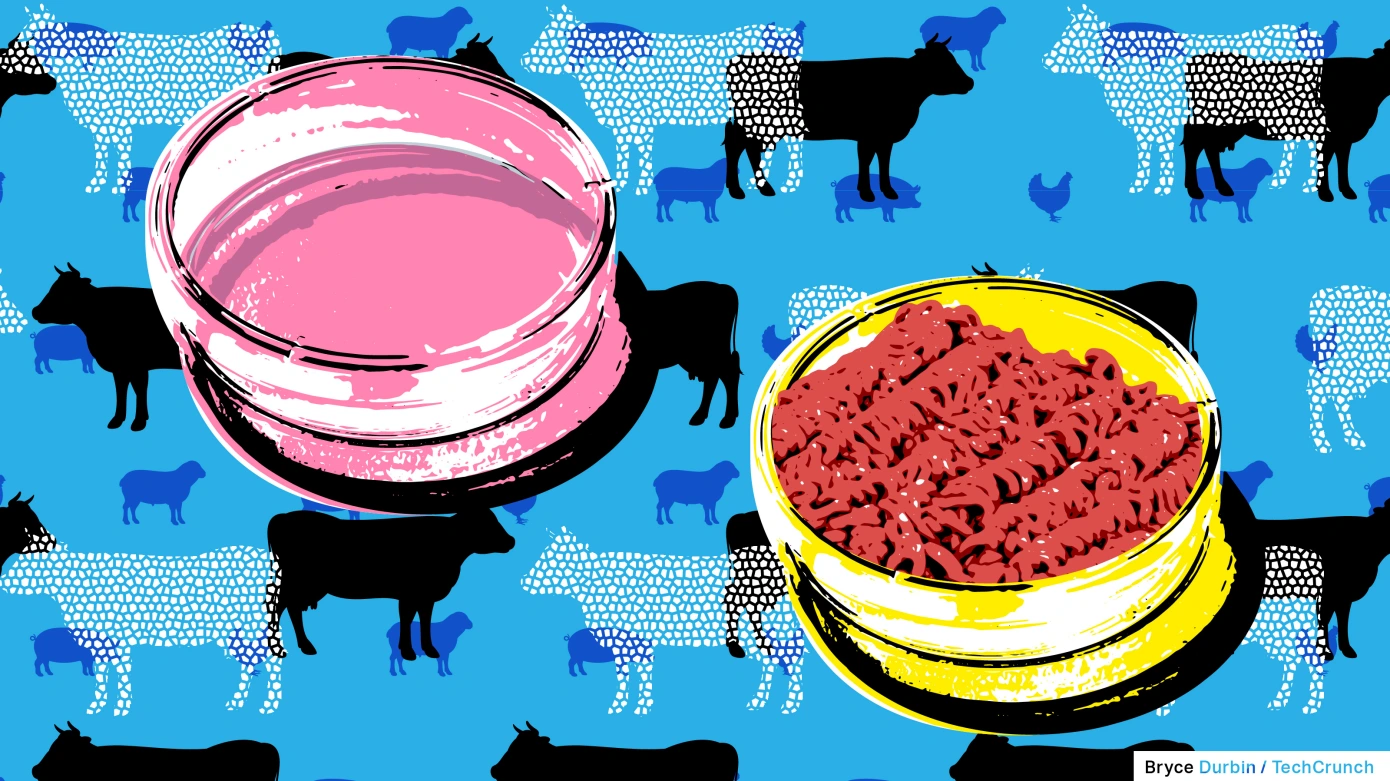Description
According to the Market Statsville Group (MSG), the global cultured meat market size was projected to grow at a CAGR of 95.8% to reach USD 2,788.1 million by 2030 from USD 1.64 million in 2021. Multiple benefits are associated with cultured meat, including low environmental impact, decrease in public health risks, and elimination of the need to raise animals, boost the growth of the global cultured meat market. Cultured meat can be seen as a substitute for the protein product. Customers are shifting their focus toward adapting to a more nutritional diet that is aimed at a greater sustainable lifestyle and has a lesser dependency on animal proteins. Additionally, an individuals who are allergic to animal-based proteins are the major consumer base for alternative proteins.
Thus, an increase in the number of such individuals acts as a major driver of the cultured meat market. Moreover, concerns about animal welfare and environmental awareness are expected to boost the lab-grown meat demand. Recently, the cultured meat commercial production of has met the growing demand for meat products and lowered the stress on conventional meat sources., which is anticipated to support animal welfare. Although the cultured meat market is expected to exhibit substantial growth, the high cost of production remains a key challenge for market players. In the production process, the growth medium is used to stimulate cell growth. This step incurs additional costs, which limits cultured meat production.
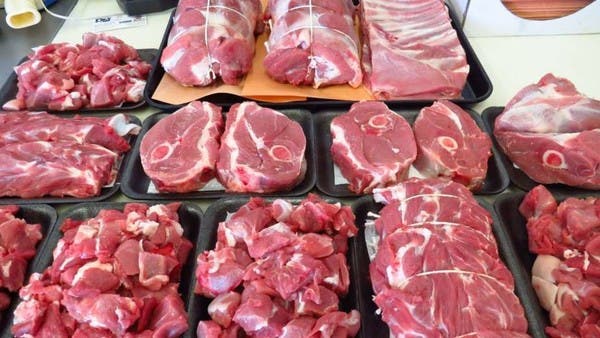
Global Cultured Meat Market Definition
Cultured meat is a subtype of artificial meat and is produced by tissue engineering technology and cellular agriculture. It is also known as in vitro meat. Humans have been reliant on meat to meet their nutritional requirements, as meat serves as an ideal source of vitamin B12, omega-3 fatty acids, iron, and protein.
Global Cultured Meat Market Dynamics
Drivers: Rise in consumer demand for allergen-free foods
Consumers are progressively seeking allergen-free foods to meet their nutritional needs. Food manufacturers vitally focus on producing food with allergen-free ingredients and invest heavily to increase product portfolio with allergen-free labeled food products.
The demand for allergen-free food solutions has gained high momentum, especially in the developed regions such as the U.S. and Europe. Moreover, increased health consciousness among consumers has propelled the demand for allergen-free products. An increase in traction for allergen-free food is expected to positively impact the quick acceptance of cultured meat by the people who face major allergic reactions due to consumption of animal-based products, including milk and meat.
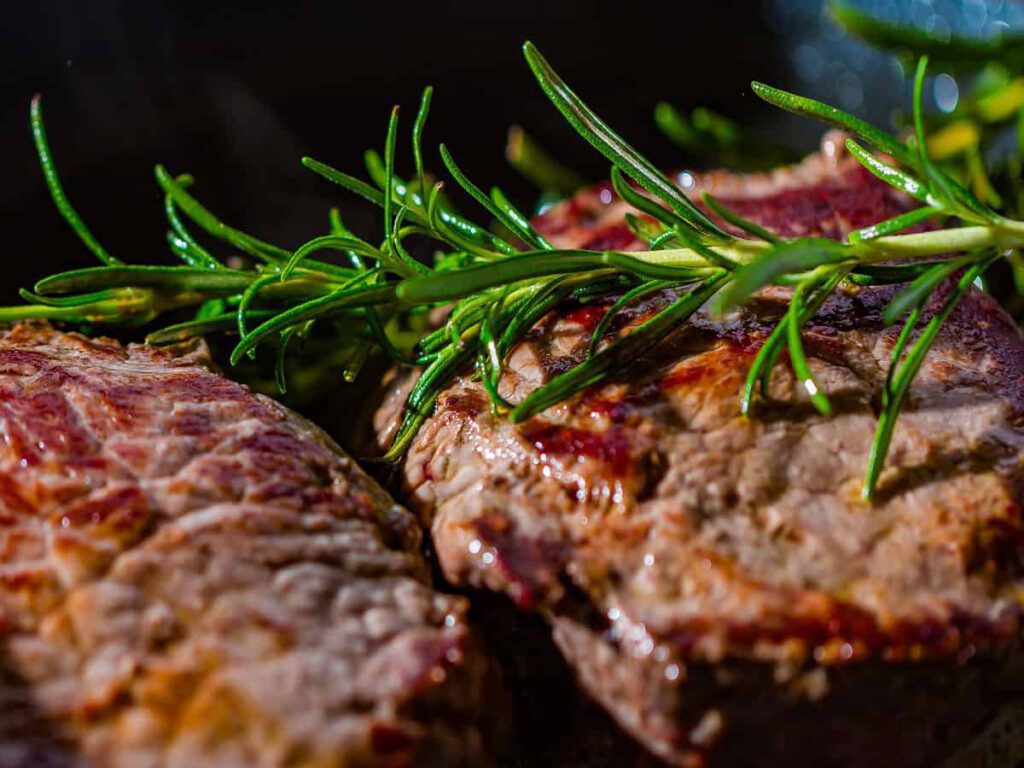
Restraints: Availability of healthier substitutes
Farmed meat has gained high popularity among consumers. With such popularity and easy availability, it is challenging for players operating the cultured meat market to attract consumers toward lab-grown meat. Alternative protein consumers are more likely to adopt plant-based proteins instead of cultured meat due to cultural, social, and economical issues at the introduction stage of the cultured meat. At the stage of maturity, the impact of this issue gradually decreased. In addition, the protein requirement can be met by plant-based meat. Furthermore, there is a possibility that the vegan population can be highly inclined to healthier substitutes instead of cultured meat. Thus, the availability of healthier substitutes hampers the market’s growth globally.
Global Cultured Meat Market Segmentation
The study categorizes the cultured meat market based on type and end-users at the regional and global levels.
By Type Outlook (Sales/Revenue, USD Million, 2017–2030)
- Red Meat
- Poultry
- Seafood
By End-Users Outlook (Sales/Revenue, USD Million, 2017–2030)
- Household
- Food Services
By Region Outlook (Sales/Revenue, USD Million, 2017–2030)
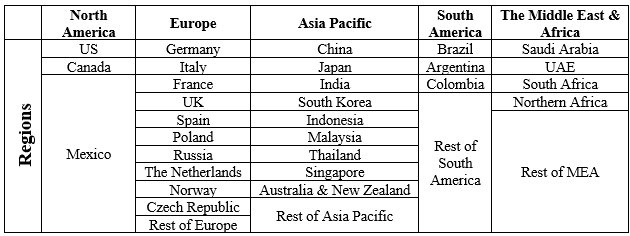
The red meat segment had the largest market share in 2021
By type, the cultured meat market is categorized into red meat, poultry, and seafood. The red meat segment held the largest share, accounting for 87.5% of the total revenue in the global cultured meat market. Red meat refers to the mammalian muscle meat, including beef, lamb & mutton, pork, veal, venison, and goat. Cultured red meat is produced by harvesting muscle cells from living cattle.
Cultured red meat is projected to gain major traction in the global cultured meat market during the forecast period. This is attributed to the popularity of conventional red meat among the meatatarian people. Red meat is one of the most consumed meat forms in the world. This is attributed to the fact that enormous benefits are associated with red meat consumption, such as it helps muscle growth and supports muscle mass, provides essential vitamins and minerals that support good health and well-being, and helps to strengthen the immune system.
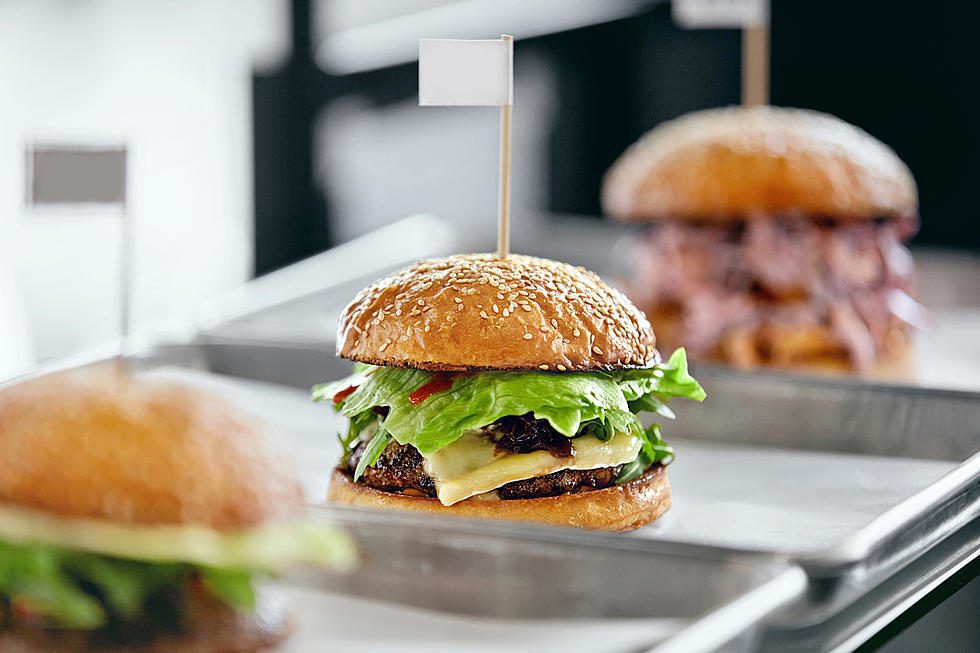
Europe is the fastest-growing region during the forecast period
Based on the regions, the global cultured meat market has been segmented across North America, Asia–Pacific, Europe, South America, and the Middle East & Africa. Globally, Europe is estimated to grow at the highest CAGR of 106.1% in the global cultured meat market during the forecast period. Europe region for the cultured meat market is studied across the UK, Germany, Belgium, Switzerland, The Netherlands, Italy, and the Rest of Europe. Meat consumption is high in these countries of Europe; hence these countries are considered.
In Europe, countries such as the UK, Germany, Belgium, the Netherlands, Italy, Switzerland, and other countries, primarily in Western Europe, have witnessed a decline in per capita consumption of meat since past few years. As lately, the consumption of meat has come under scrutiny and hence has become subject to many discussions. Animal activists, vegans, vegetarians, and even health experts are against killing animals to make meat. Hence, scientists in the UK, Switzerland, and other European countries are coming up with an advanced solution to the meat problem. Majorly marketed meat-based products in Europe include canned mock meats, ready meat meals, burgers, pizza, fillets, patties, and sausages.
Key Market Players in the Global Cultured Meat Market
Top winning strategies are analyzed by thoroughly studying the leading players in the global cultured meat market. Comprehensive study of recent developments and growth curves of various companies helps to understand the growth strategies and their potential effect on the market. The companies were evaluated based on the annual reports, SEC filings, and press releases.
Major players in the market are:
- Aleph Farms Ltd
- Future Meat Technologies
- Cubiq Foods S.L
- Eat Just, Inc
- Meatable B.V
- Memphis Meats
- Vow Group Pty Ltd
- Mission Barns
- Mosa Meat BV
- Redefine Meat Ltd







